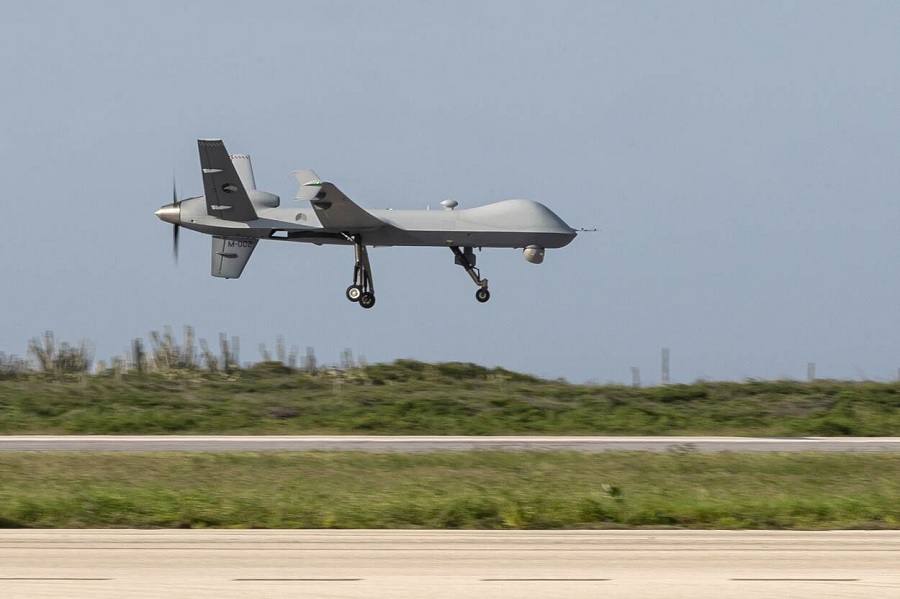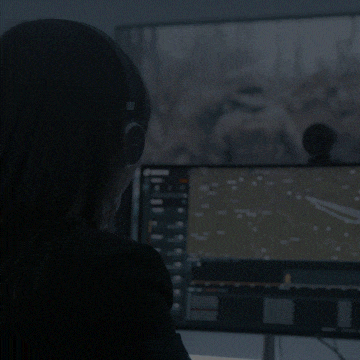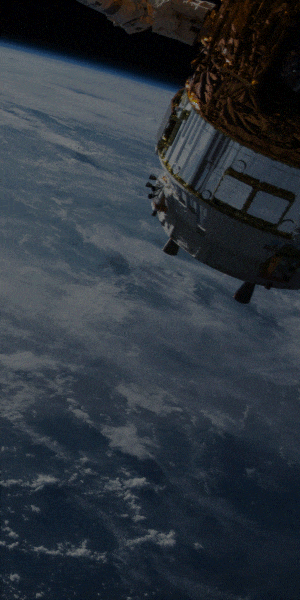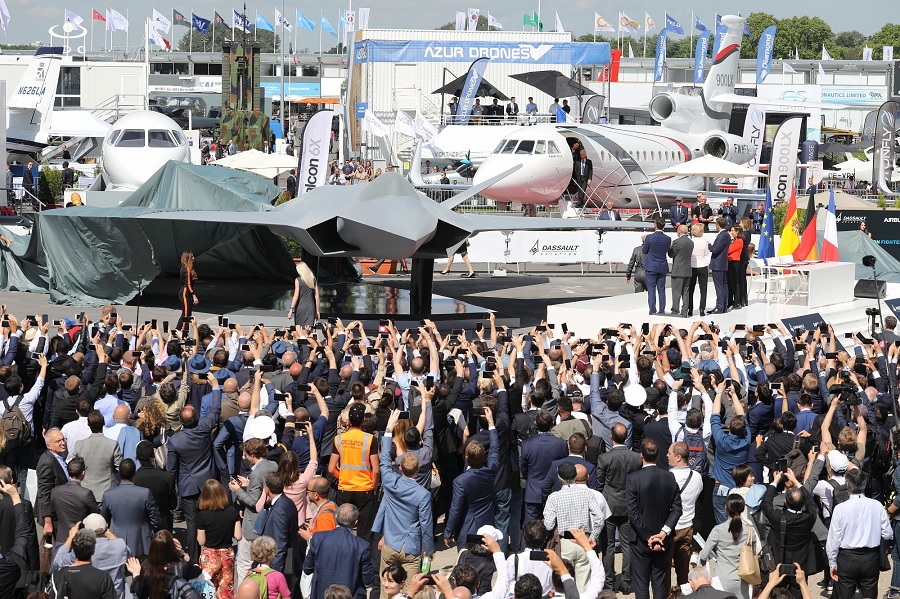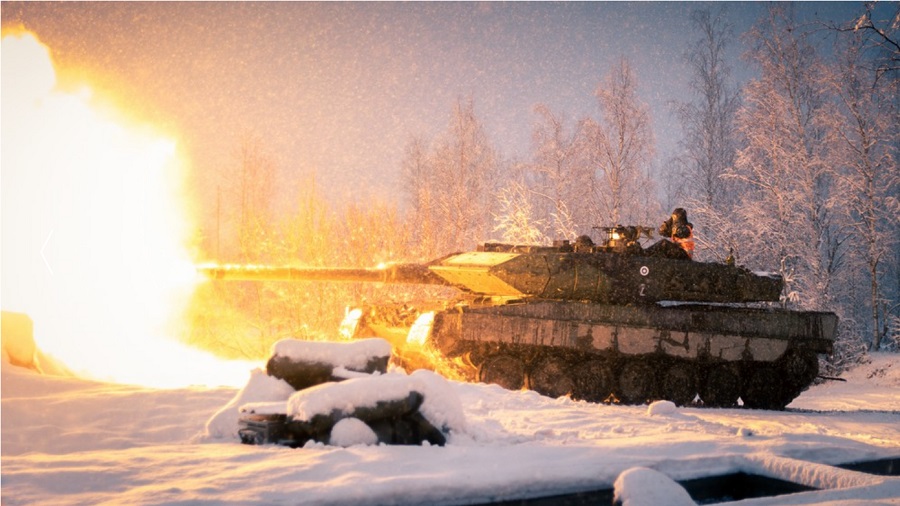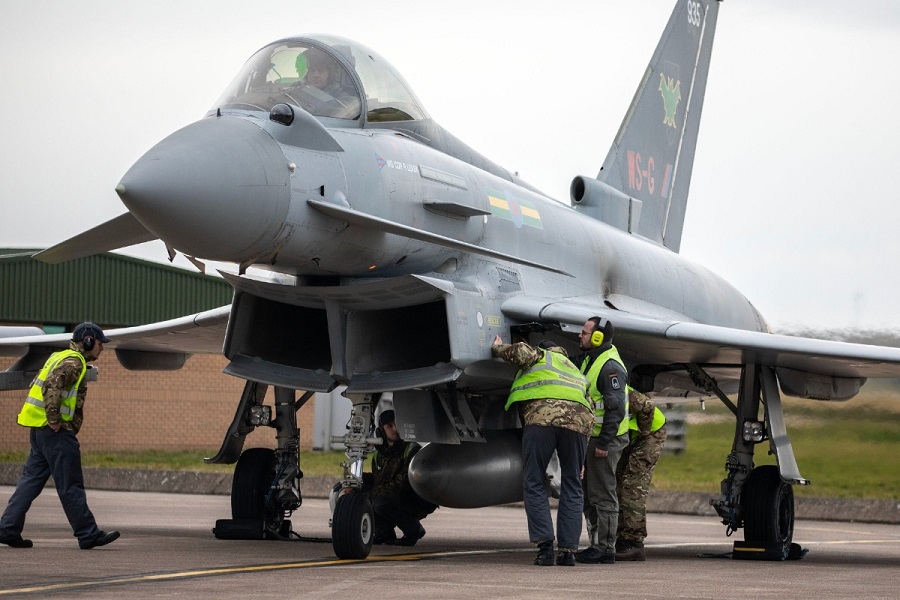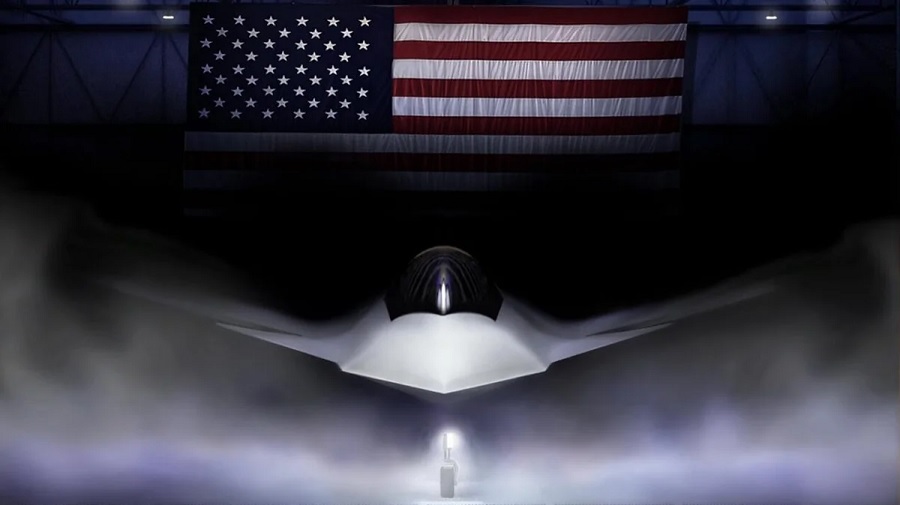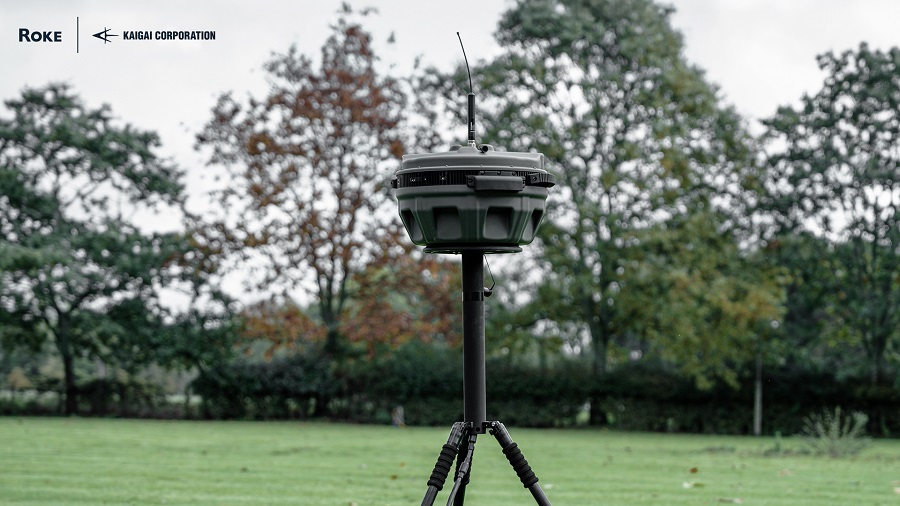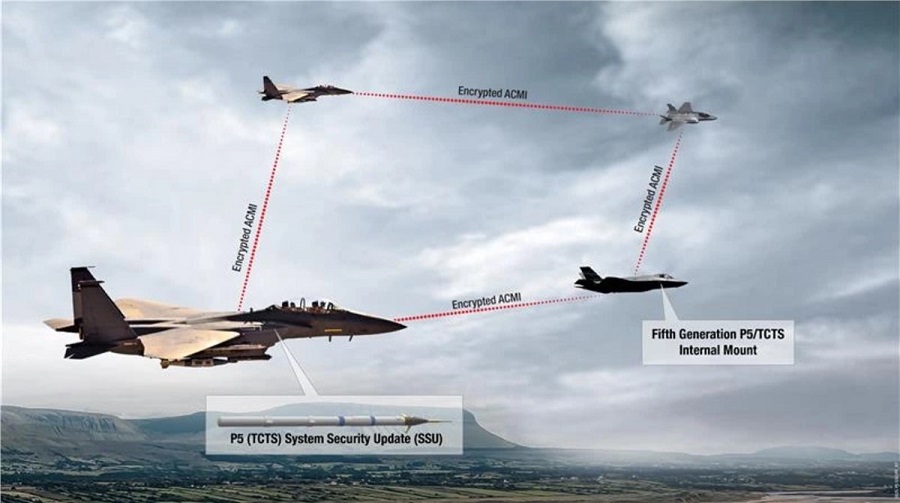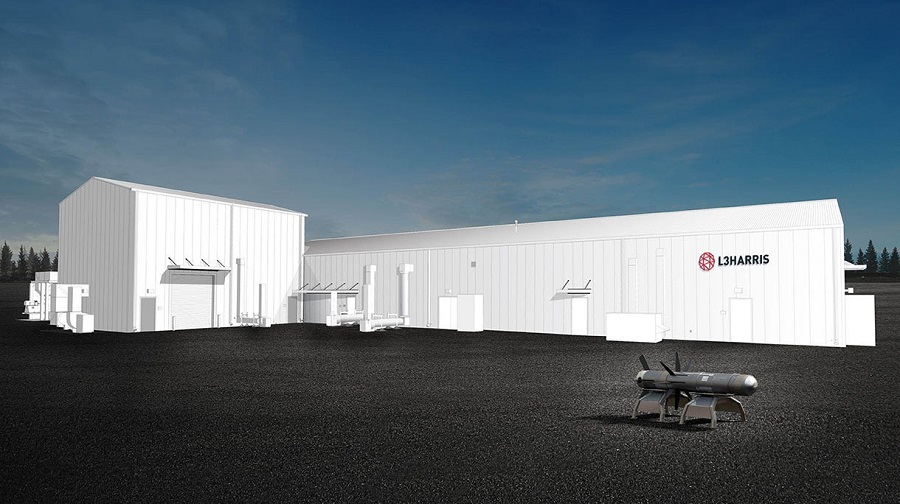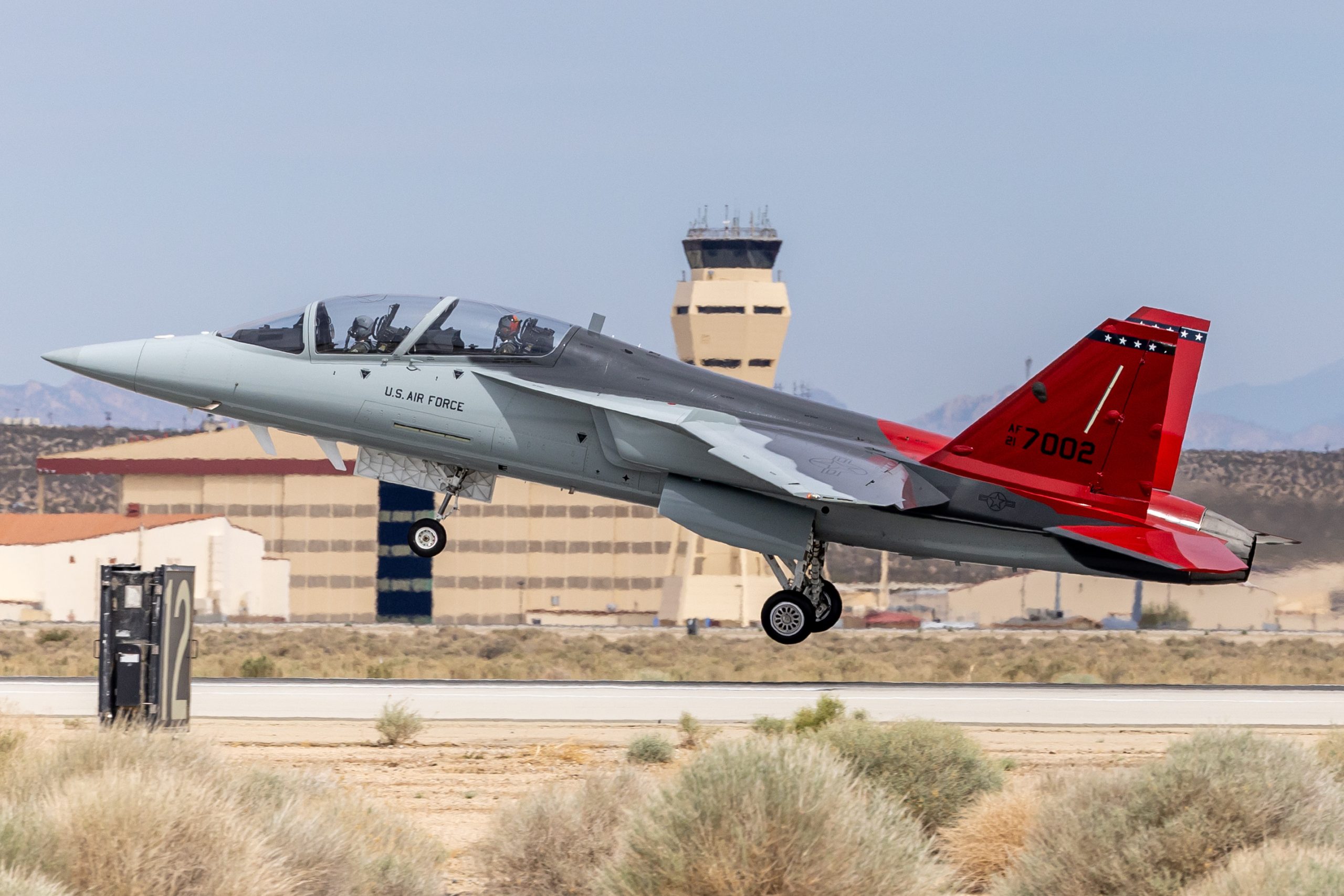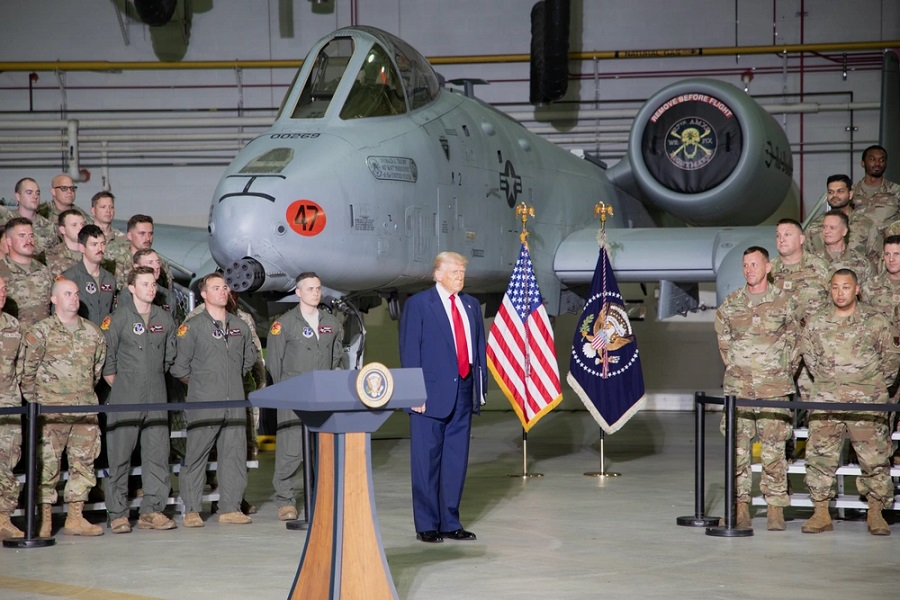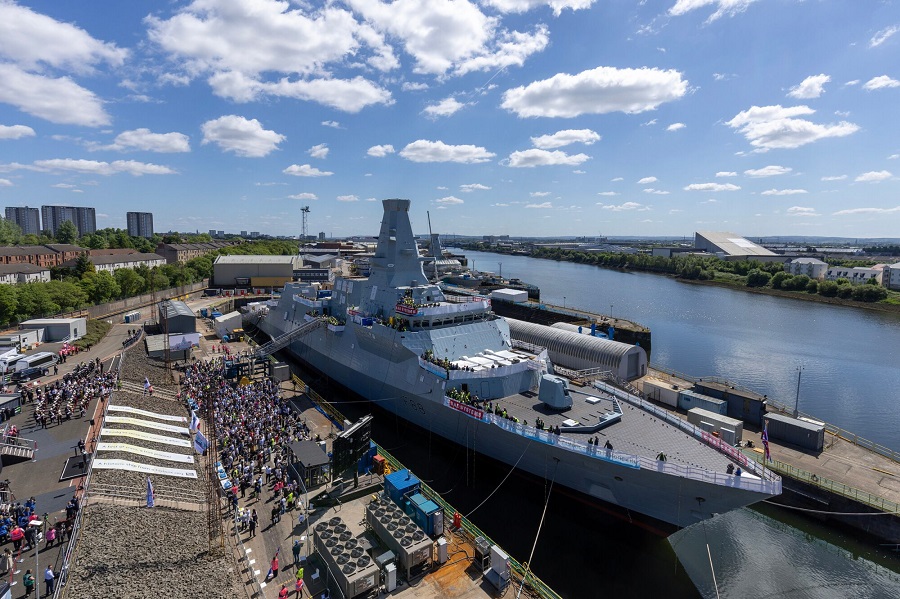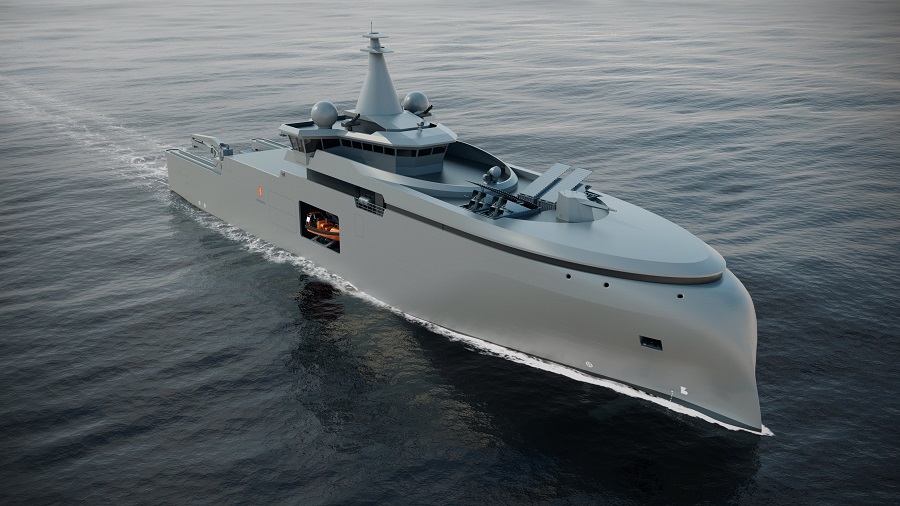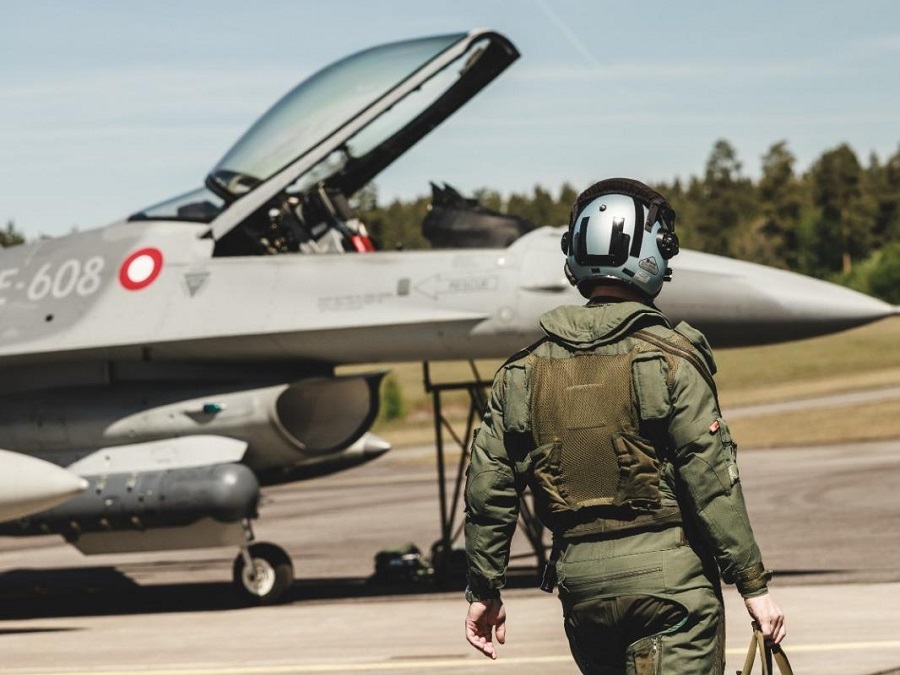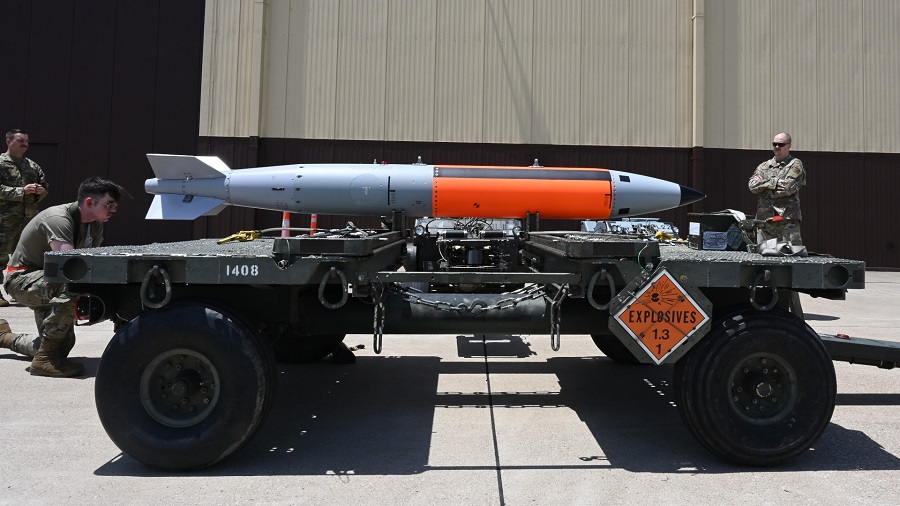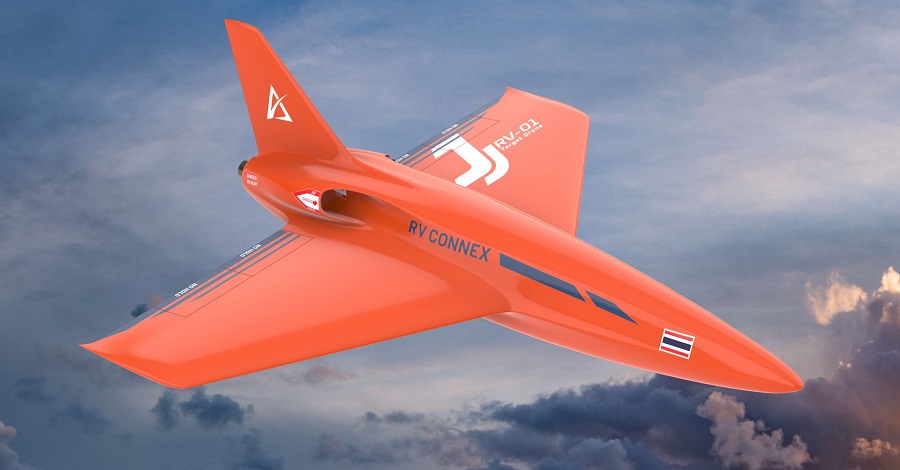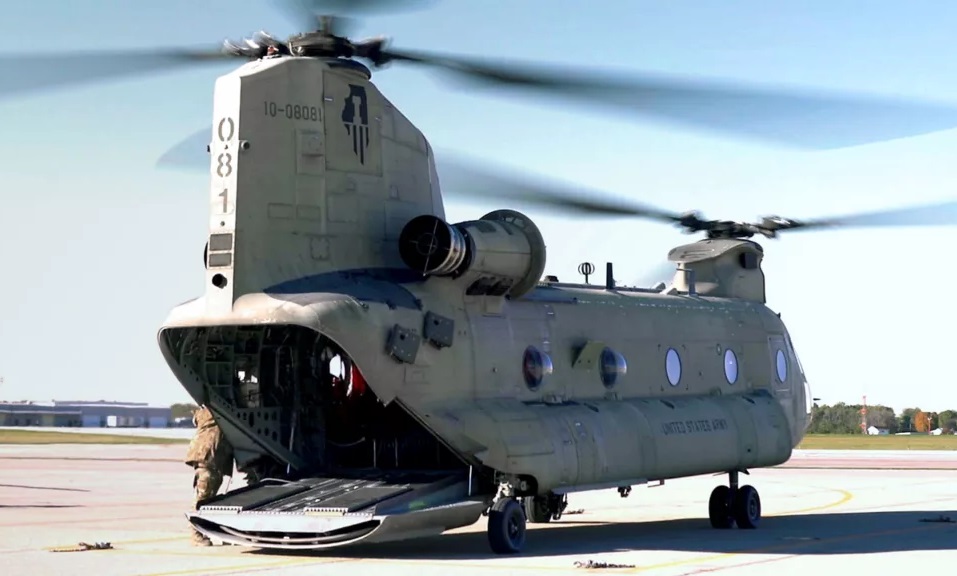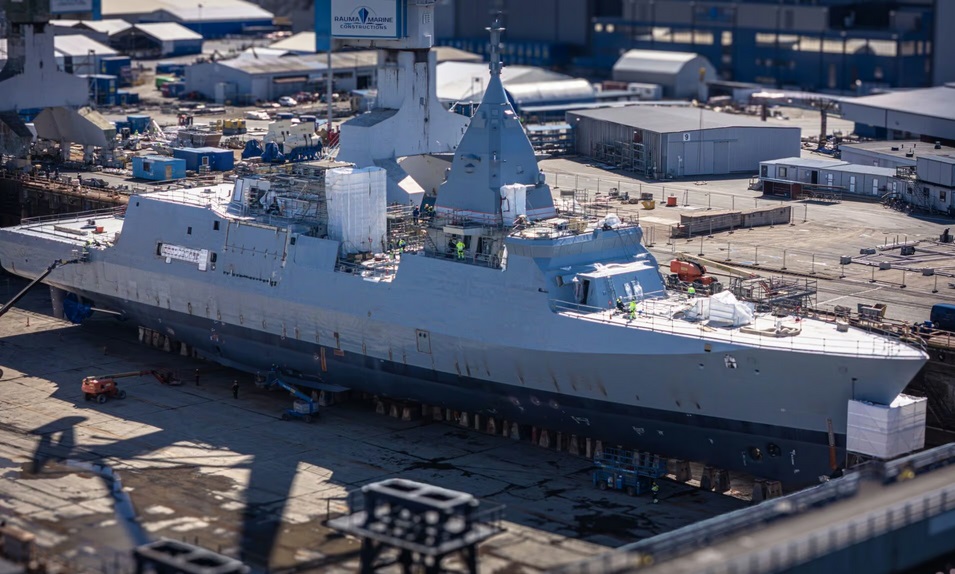The MQ-9s will assist in air shielding operations. The purposes of these operations include monitoring the situation at the border of Alliance territory. The unmanned aircraft will use their sensors to gather data and information in order to build and maintain an accurate picture of the situation. This will prevent possible misunderstandings and any escalations that could ensue, Dutch Ministry of Defence said in a statement.
While NATO will specify the intelligence that it needs, the Netherlands will determine how it is gathered. The processing of intelligence will also remain a national responsibility.
In addition to protecting NATO territory, Defence will gain experience in Allied operations as a result of the MQ-9 deployment, which will last for at least six months and twelve months at most.
The total detachment will consist of 135 Defence employees. Around 40 service members will maintain the aircraft at the air base near Campia Turzii in Romania. The rest of the detachment will work at Leeuwarden Air Base. Their duties will include operating the MQ-9s and processing the intelligence gathered.
A team of army engineers will build the camp for their air force colleagues at the Romanian air base.



